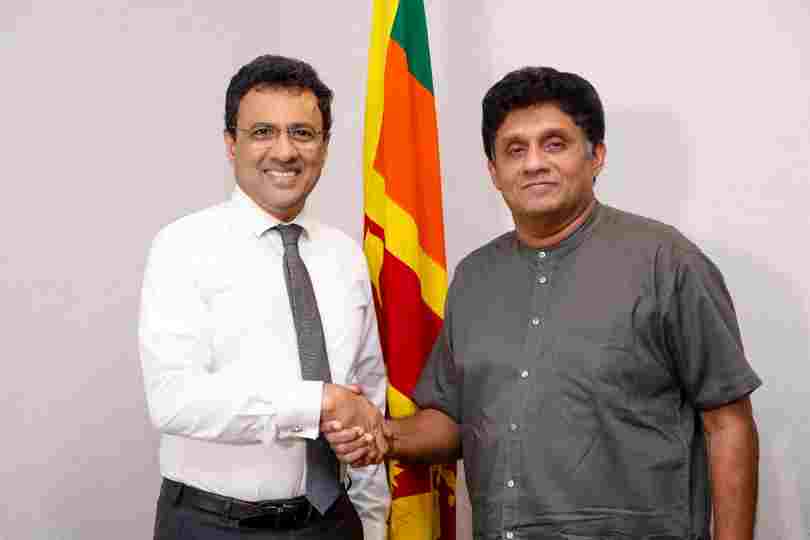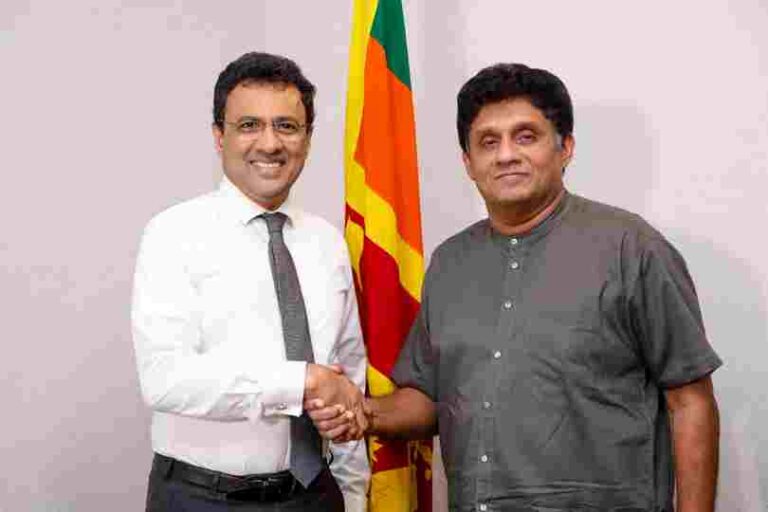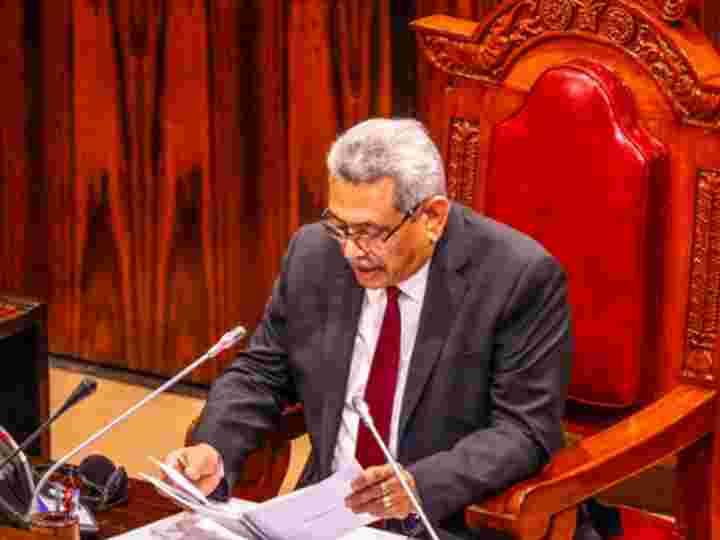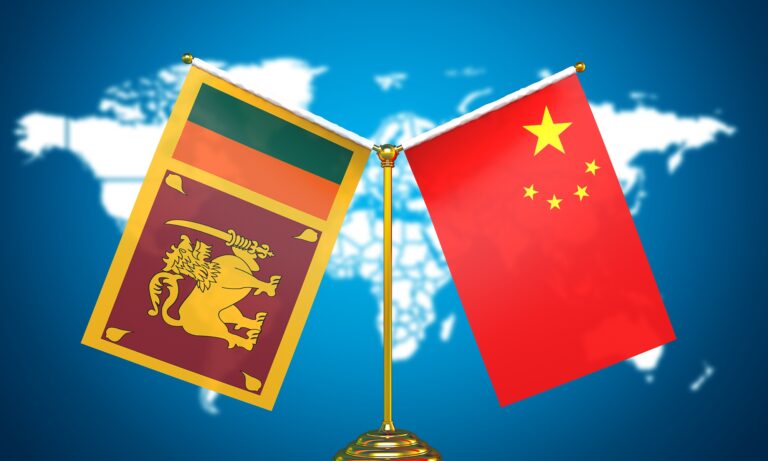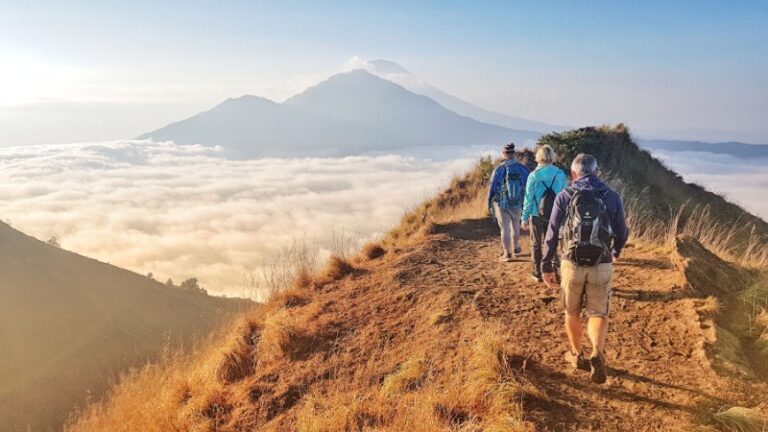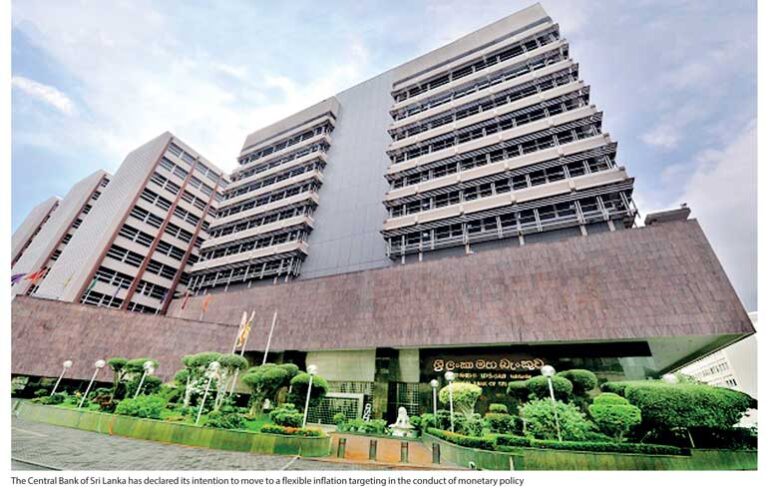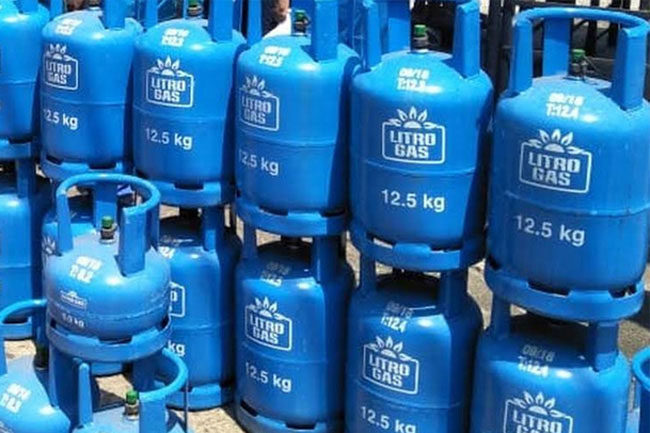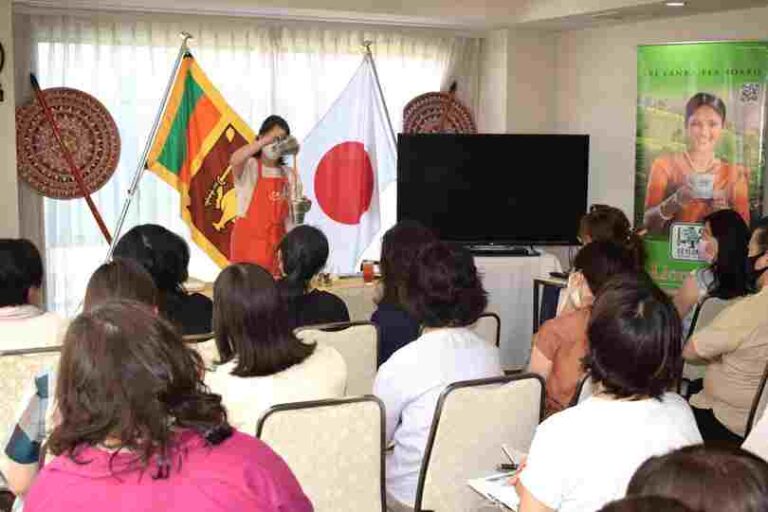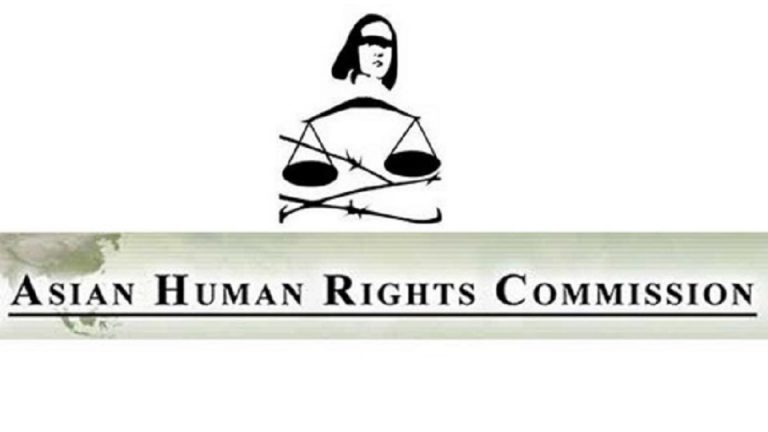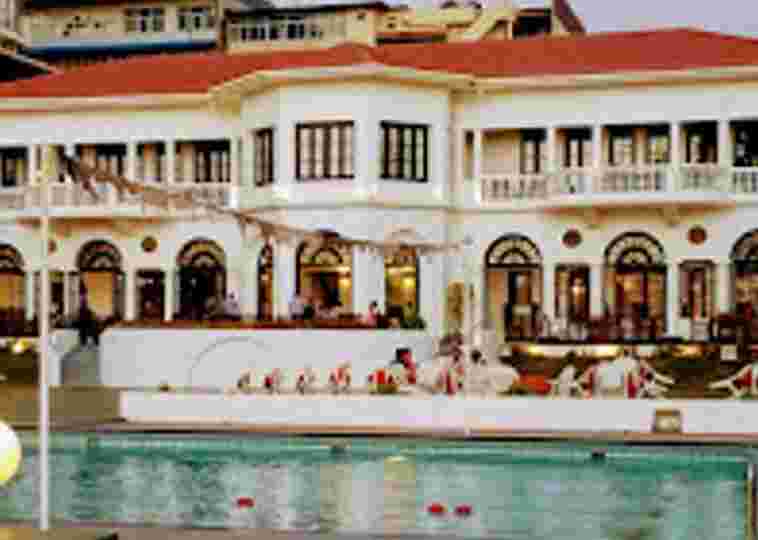By Basil Fernando
The amendment of a constitution is a serious task. However, some may argue that it is not such an important task as far as Sri Lanka is concerned. That is because of the most trivialized manner in which Constitutional Amendments have been brought about in Sri Lanka in the recent years. However, if the amendments to a constitution are treated in such a fashion, then that will further affect the nation and the State negatively. In a country which has already taken a downturn, introducing any Constitutional Amendment in such a trivial manner itself needs to be condemned.
For a constitutional amendment to be meaningful, it must be concerned with the extension of the fundamental notions around which the existing constitution is based. Trying to match a set of fundamentals in a constitution with a contradictory set of principles set out in an amendment is virtually an absurdity. The fundamentals that belong to the main instrument which is the 1978 Constitution will in any case prevail against such Amendments and the Amendments would be of very little use except to create greater obstacles to national objectives.
As the Constitution of the Republic, the 1978 Constitution is fundamentally flawed. The most foundational notion of a republican constitution is the foundational notion of the rule of law. It is the rule of law that determines the content and the structure and the depth of the constitution. The 1978 Constitution was an attempt to displace the rule of law and to replace it with the rule of the Executive. The making of republics in history has happened in the opposite direction. The republic was developed to subdue the over powerful executive. The fundamental principle of a republic was the rule of law. Thereby, everyone was brought under the laws that were made publicly.
Thus, the very notion of the sovereignty of the people is inseparably bound with the notion of the supremacy of the law. If the supremacy of the law is replaced, then the sovereignty of the people becomes meaningless. The way that people by electing a government hand over their sovereignty to the government is again a false position because the peoples’ consent to obey a government is based on the notion that the government will conduct itself only within the framework of the rule of law. Thus, what protects the peoples’ sovereignty is the rule of law. It also protects the state itself because all attempts by the executive to displace the rule of law also results in the undermining of the framework of the state itself.
In Sri Lanka, by a gradual process, the state became a negative institution which exists even against its own interests and naturally against the interests of the people. What Sri Lanka is faced with at this moment in terms of the economic collapse, the collapse of the political system and also the enormous hardships that virtually threaten the way of life and even the survival of many people, is a direct result of that process of the displacement of the rule of law by the 1978 Constitution.
Therefore, it is not possible to bring about an amendment to the 1978 Constitution. Where the fundamentals are wrong, then the fundamentals have to be reinstated. If the fundamental notion of the rule of law is to be reinstated within the framework of the Constitution of Sri Lanka, then the existing 1978 Constitution will cease to exist. The 1978 Constitution and the rule of law are opposites. One cannot exist without destroying the other. So far, the arrangements of the 1978 Constitution have been destroying the rule of law. If there is going to be a change, it is necessary to develop the fundamental law of the country on the basis of the foundational principle of the rule of law, whereby the ideas as well as the structure of the 1978 Constitution will be completely negated.
Executive President of a Country with An Empty Treasury
In order to popularize the approach of amending the Constitution as an alternative, the propaganda line that has been followed is to state that the 22nd Amendment to the Constitution will weaken the Executive President. The Executive President is only a creature of the 1978 Constitution. The only way to displace the Executive Presidential system is the replacement of the rule of law within the framework of the Constitution. When the rule of law principle is reinstated, the Executive Presidential problem will become irrelevant.
The Parliament is also a Creature of the 1978 Constitution
The argument that the powers of the Executive President should be handed over to the Parliament is itself flawed. The Parliament as it exists today is also a creature of the 1978 Constitution. Thus, the Executive President and the Parliament are both creatures created under the 1978 Constitution. They are part of a common structure. The purpose of the Parliament was no longer to be an independent institution which has the power to make the laws through a public process solely for the benefit of the State and the people. That kind of Parliament ceased to exist by the enactment of the 1978 Constitution. If Parliamentary supremacy should exist within the Republic, that Constitution must be replaced. For that, it is essential to go back to the creation of a constitution on the foundational principle of the rule of law.
Where the rule of law is absent, the parliament itself is an enemy of the state and the people. All the destruction that was caused in Sri Lanka is not only a product of the Executive President but also a product of the subversive Parliaments which were elected under the 1978 Constitution. Had it not been for the Parliament, the Executive President could not have achieved the negation of good governance within the country and paralyzed the functioning of public institutions which are essential to the well-being of the State and also the people. Therefore, a Parliament that is equally responsible for the destruction caused in the country cannot be the replacement of the Executive Presidential system. For a parliament to function as a parliament of a republic, first of all, the constitution must reinstate the principle of the rule of law as the basic principle governing the entire constitution and its structure and functions. That will strengthen not only the executive and the parliament, but also the public institutions which are essential for the functioning of a government. At the moment, Sri Lanka is witnessing the failure of such public institution as a result of the situation brought about by the 1978 Constitution which created the Executive Presidency and the Parliamentary system with a very negative character. This negative character could be removed only by removing its cause, which is the displacement of the fundamental notions of the anti-democratic Constitution.
Executive Presidency has already been Dwarfed
In any case, the Executive President of Sri Lanka is now weaker than any other Head of State anywhere in the world except perhaps similar places like Lebanon. When the executive cannot command the nation’s treasury, then it has lost all its capacity and power. The Sri Lankan Executive President does not have a Treasury at his command. He cannot even bring the most essential goods to the nation and also maintain the most essential services without causing hyper inflation and enormous hardship to the people. Purely on paper, the president may have a lot of powers. In reality, today, his power is of no consequence. Everyone ignores him, particularly those sectors of the business communities which are exploiting the present situation for their own betterment. The executive president cannot in any way command his forces in order to even to ensure that whatever little wealth that is there within the nation be utilized for the benefit of the state and for the benefit of the people.
Frank Kafka’s Hunger Artist
The situation of the Executive in Presidency in Sri Lanka reminds one of a short story written by Frank Kafka on a hunger artist. The hunger artist came to attend public exhibitions where many other artists also came and did their performances. His art was to starve himself for many days. The longer he remained in starving, the more the crowds came and watched his situation. However, as time passed, many other new attractions came into these playgrounds and the attention of the people shifted to these new fashions. The hunger artist was ignored. However, he kept on his fast to an extent that finally he even forgot the need to eat at all. The cage in which he performed was there but nobody remembered him. That is the fate that is awaiting the Executive Presidential system in Sri Lanka. That process has already been completed. It is an institution that nobody wants and against that institution, the entire nation has arisen.
22nd Amendment as a diversion
The issue is, what is to replace the 1978 Constitution? This is an issue that needs to be addressed. The 22nd Amendment Bill is an attempt to create a diversion from the central task that needs to be addressed if the country has to find its way out of this tremendous calamity of economic crisis, the political system crisis and also crisis in all aspects of life in Sri Lanka. Wasting time on such diversions may be a past time for some politicians who may seek their own advantages, still imagining that the old world still exists. The old world is dead in Sri Lanka.
The paramount demand in Sri Lanka should be the restoration of a republican constitution with the foundational notion of the rule of law at the centre. That will bring about the order that is required for the country and also that will strengthen the public institutions that will serve the country under these circumstances. Above all, the rule of law is the greatest barrier against the rampant corruption that has spread like cancer into all aspects of governance within Sri Lanka. All public institutions are affected by this and the people are suffering as a result of this overwhelming corruption. Corruption can in no way be dealt with unless the rule of law is restored and law enforcement is given the primacy of place that it deserves in any functional state.
Asian Human Rights Commission
